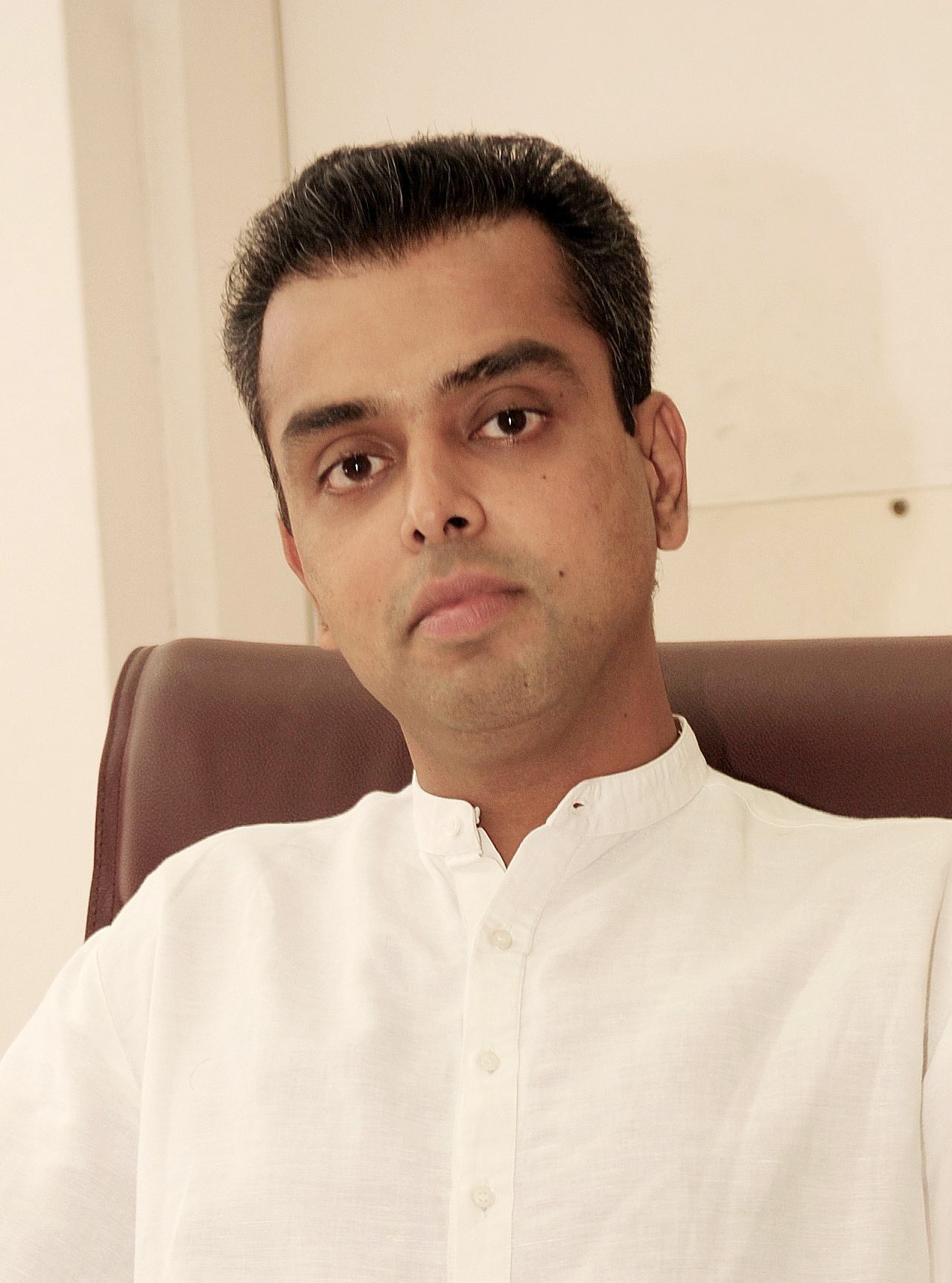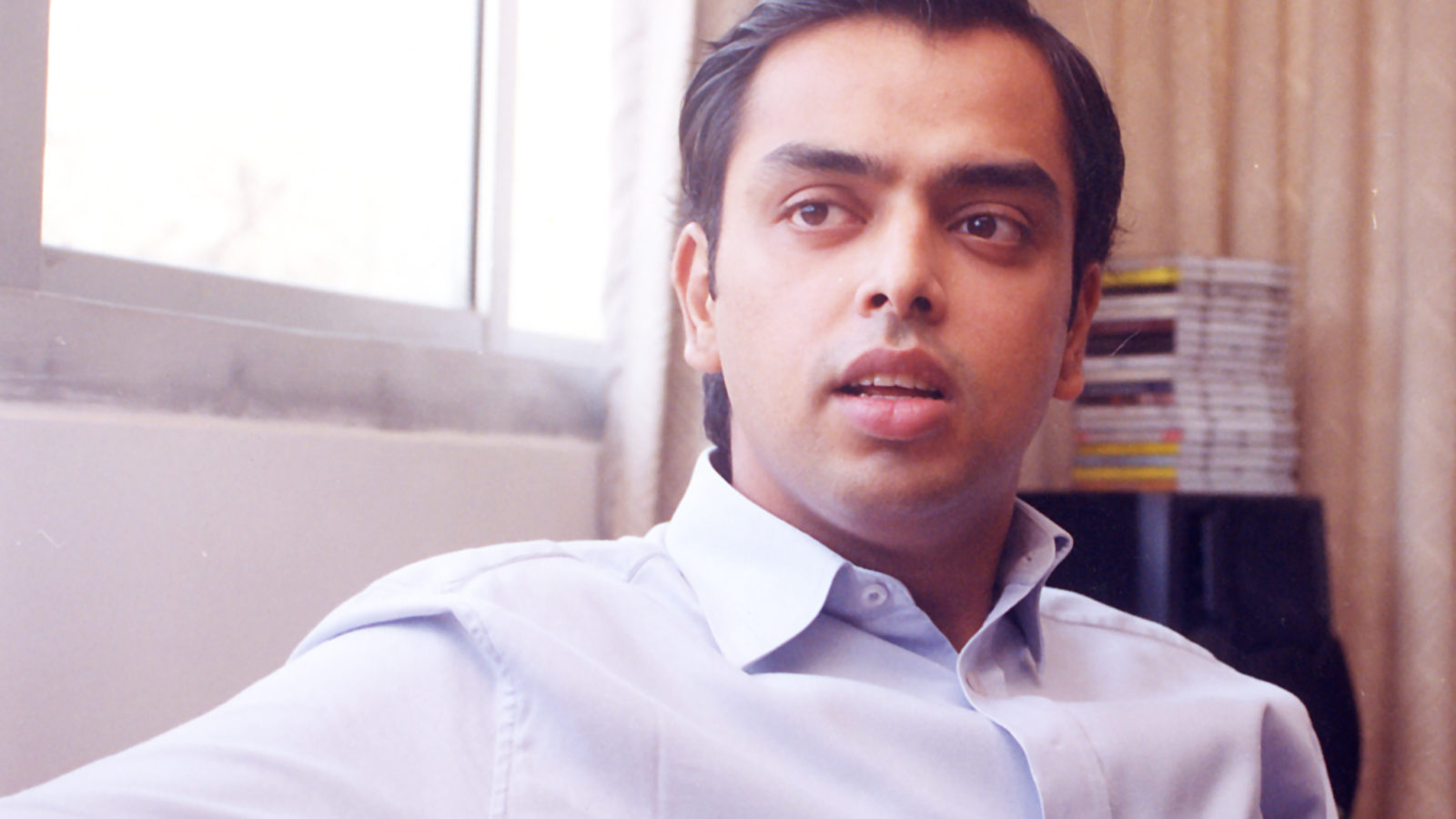Mental health is stigmatised around the world but more so in India. People who suffer from some or the other form of mental health issue—be it mild anxiety, depression or dementia—feel that there is a lot of stigma associated with it and are fearful of coming forward and talking about it.
I, for example, have dealt with mental health issues in my life and it took me a lot of courage to come out and seek help.
It is not important to share your story publicly but seeking help is very important. The right kind of environment is crucial to allow people to not feel that they are “insane” or full of other stereotypes that people use while talking about someone suffering from anxiety or depression. We as a society need to work towards destigmatising issues around mental health.
When I was growing up, I suffered from anxiety and depression but it wasn’t possible for me to talk about it with my parents or friends. It was equally hard for them to understand what was going on. This was in the early ’80s when the awareness was far less than what it is today. It was difficult to find a medical professional who could help. Like me, several people dealt with serious mental issues to even suicidal thoughts on their own. They overcame them in their own way.
Today, I realise that the more we talk about it, the more we learn that [talking about] mental health is not different from talking about digestive health or kidney health. After all, the brain is an organ and it too can develop problems just like your stomach or your kidney can.
There can be medication, exercises, dietary and lifestyle changes that can improve your mental health. But this discussion cannot be limited and restricted to cities. It has to percolate to the masses, in regional languages, to the urban poor and the rural communities where the stigma is far greater. That’s when people will start realising that there’s nothing to be ashamed of.
[Talking about] mental health is not different from talking about digestive health or kidney health. After all, the brain is an organ and it too can develop problems just like your stomach or your kidney can.
Milind Deora
There were points in my life, not just in my childhood but even after I got into politics, that were dark. As recently as 2006-07, I was a Member of Parliament (MP). I was fulfilling my duties in Parliament and in my constituency. I was actively participating in discussions and debates but, all the while, I was suffering from severe depression. I didn’t know what it was. I had suicidal thoughts. There were many times I came close to actually thinking about ending my life.
I just didn’t know whom to talk to or how to seek help. A few years later, I met a doctor in Delhi who helped and supported me. But for a long time, I felt that I should be ashamed that I have this problem.

Today, I feel differently. I am comfortable talking about it. I also believe that people in public life who’ve experienced mental health issues should talk about them. They should educate the public and tell them that this is nothing to be ashamed of, that there is nothing wrong with you. The minute you seek help, you release you’re not alone in this fight.
[When I was an MP] I don’t think I managed work and life too well, which is why I suffered. In hindsight, I am much better prepared to deal with work stress today. Especially in a high-stress job like politics where you’re shuttling between cities and travelling extensively. Not only do you not have the time to eat the right kind of food, you have no time for yourself or your family. You’re constantly attending weddings, other social events, and you can’t keep a watch on everything. I didn’t know how to deal with it.
Today, I utilise a few simple steps. For example, I don’t meditate as often as I should but, say, I’m about to give a speech and I feel a lingering stress or anxiety gripping me, I request for five minutes. I then find a quiet place and meditate for five minutes. I try to get 2-3 days a week of exercise. I try to eat as healthy as I can and I try and sleep as early and at the same time as regularly as possible. I follow Arianna’s tip of turning off my phone half an hour or an hour before I get to sleep.
Yet I wish I could do better because I know that when you try and follow these small, simple habits, they start to make an impact, they make you far productive. I have seen that change in myself.
For more from the interview, watch this
(As told to Apekshita Varshney. Edited for clarity)


